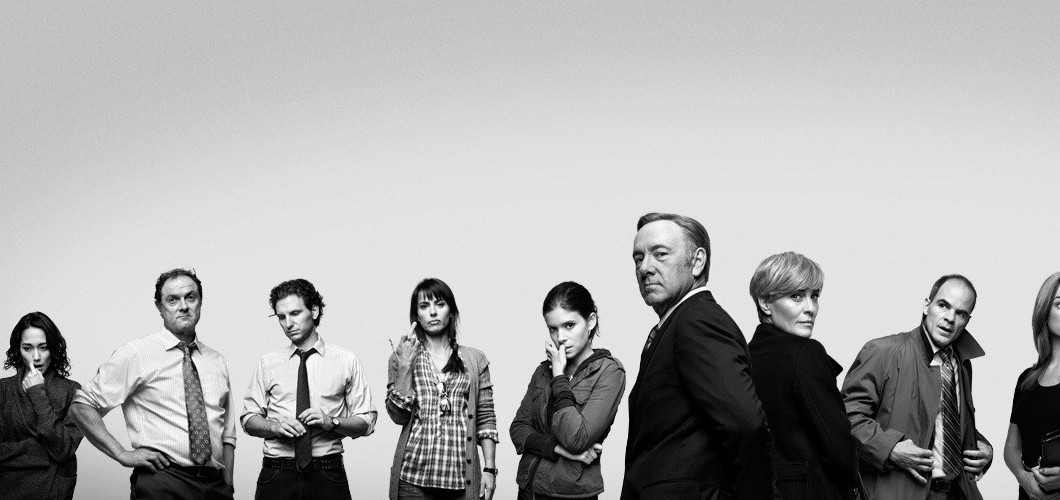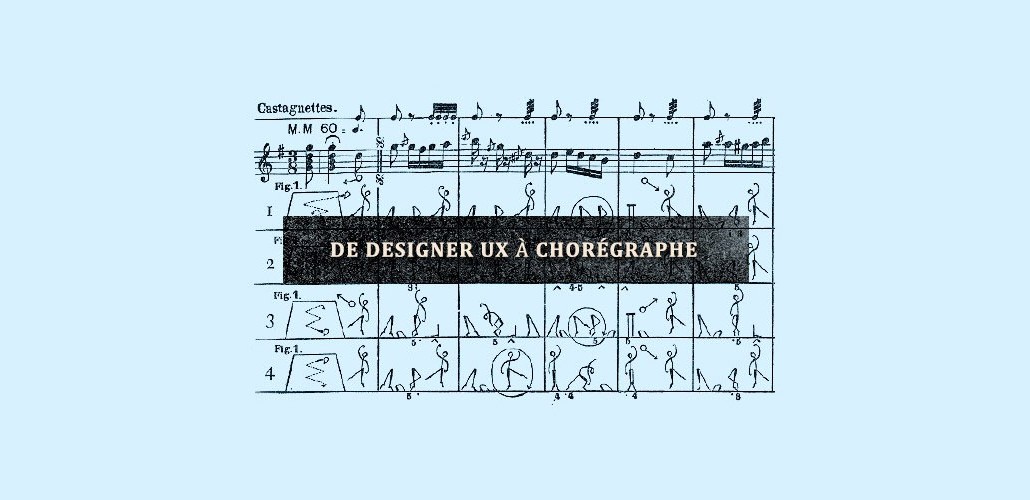In his February 2013 article on Salon, “How Netflix is turning viewers into puppets“, Andrew Leonard cites Netflix' House of Cards as an example of how the rise in the amount of data collected about audiences may lead to a decrease in the amount of fresh, creative content that gets produced.
I love data – I have earned a living from it, in fact. And I'm also a big fan of the creative arts. Which gives me a basic aversion to arguments that pit the one against the other. And I must say that I fail to see any evidence, in Leonard's article or elsewhere, to suggest that they are in fact at odds.
Leonard says:
“For years Netflix has been analyzing what we watched last night to suggest movies or TV shows that we might like to watch tomorrow. Now it is using the same formula to prefabricate its own programming to fit what it thinks we will like. Isn’t the inevitable result of this that the creative impulse gets channeled into a pre-built canal?”
Inevitable? Really?
Predicting the future is a tricky business. Data represents only the past, and it's a subtle matter of interpretation whether observed trends are only beginning, drawing to a close, or transforming into something else entirely.
Just ask the stock market.
For this very reason, I find Leonard's concerns for the future to be tenuous at best. Netflix, and others like them, are doing nothing more than he is, which is analyzing past trends in order to anticipate what is to come. And, as Leonard himself acknowledges, this is very much a hit or miss proposition.
So why the doom and gloom?
The fear of progress has been a common refrain throughout our history. The Luddites famously protested the advances of the Industrial revolution. The voices of their modern counterparts can still be heard today. “Google is reading our mail.” “Facebook is exploiting us.” The list goes on.
Arguably this goes as far back as the Book of Genesis in which, by eating from the tree of knowledge, we are engaging in illicit activity. We seem to be pre-wired to be wary of new discoveries and technologies.
But I think there's something unspoken, and more troubling, at work here as well, and that is, if not outright mistrust, at least an under-estimation of the capacity of the human spirit.
After all, is it not people who are collecting and analyzing the data? And do they not have choices, feelings, and the occasional desire for rewards other than financial? And haven’t they the capacity to take that information, and creatively build upon and transform it in ways we have never imagined?
And are we who view the content not human as well? And is it not we, customers, consumers, viewers who decide whether today’s variations on yesterday’s themes are fresh and exciting, or trite and cliché? Are we not the ultimate arbiters of whether the choices made by those who produce the content are successes or failures?
Leonard asks:
“Can the auteur survive in an age when computer algorithms are the ultimate focus group?”
But it's not the algorithms that are the focus group. It's us.We are what the algorithms are trying to capture and quantify. We're not being reduced to numbers. The numbers are being used to try to understand us.
They are doing so, because we matter. And if they fail, so much the worse for them.At least that's how I choose to see it.
Leonard fears that Netflix is turning viewers into puppets. I say we're puppets to the extent that we abdicate our freedom of choice.
Pinocchio anyone?


